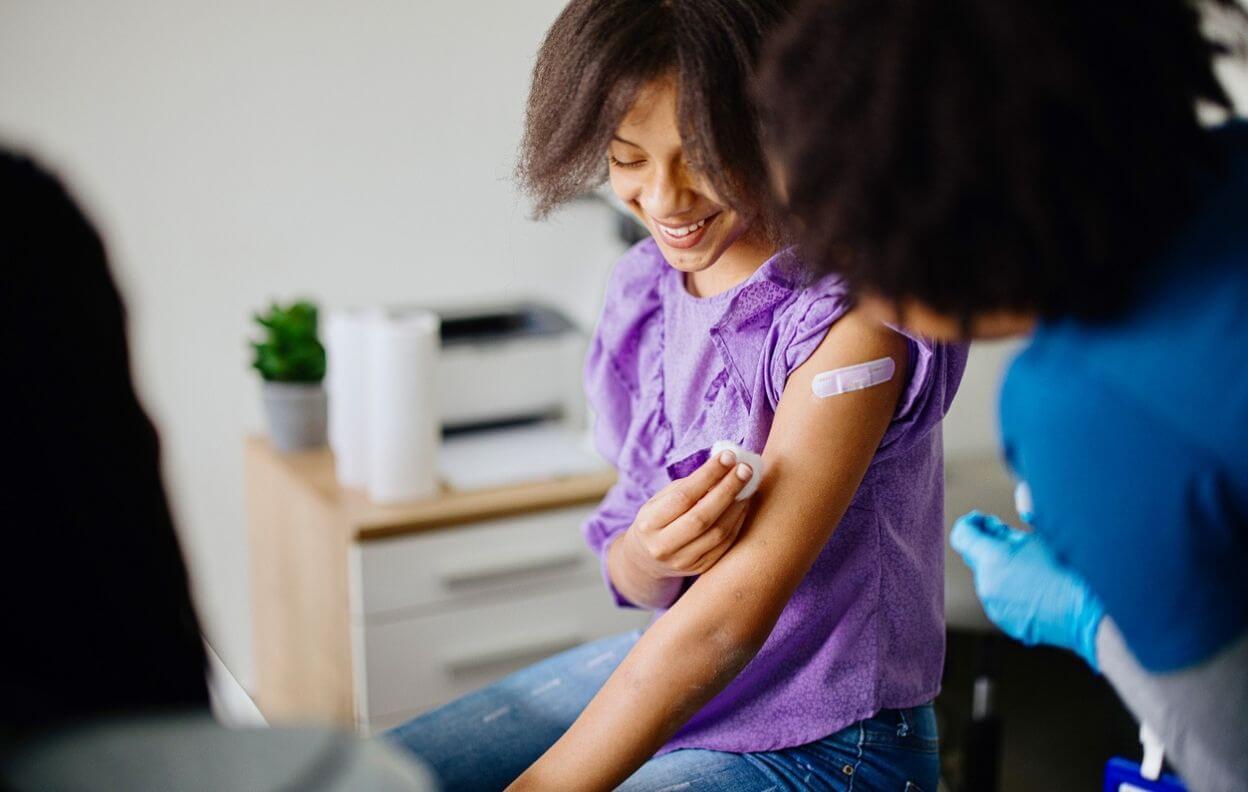HPV is one of the most common STIs in Australia. HPV is a group of viruses that cause warts. There are over 100 types with some causing the common warts found on hands and feet, while others are responsible for genital warts. It affects everyone.
Following the introduction of vaccination against HPV (Human Papillomavirus), there has been a reduction in genital warts.
HPV is usually spread by skin-to-skin genital contact or during oral, vaginal or anal sex without the correct use of a condom.
HPV can be associated with the development of cervical cancer and other cancers.
Symptoms
HPV doesn’t always lead to visible warts meaning you could contract the virus and be passing it on without knowing.
When symptoms do occur they can include raised, flat, single or multiple warts, often with a cauliflower-like appearance. The warts may be itchy but are usually painless.
Testing
There is no routine test for genital warts but your doctor will make a diagnosis by discussing your sexual history and giving you an examination to identify any warts. A cervical screening test can detect changes in the cervix that might suggest infection with HPV that could lead to cancer.
Changes to testing for HPV and cervical screening in late 2017 means that pap tests have been replaced by a cervical screening test.
Treatment
A vaccine can be obtained from your doctor. Information on the HPV vaccination is available from the Immunisation Australian Program.
The good news is that warts may clear themselves up after a few months. Otherwise, warts can be removed using creams, ointments, or can be frozen off. However, warts may come back and need further treatment.
Preventing HPV
Condoms can reduce your risk but only protect the skin that is covered. HPV can also be transmitted through exchange of bodily fluids – saliva, semen, vaginal lubrication. For these reasons it’s best to get vaccinated – talk to your doctor about vaccination.



